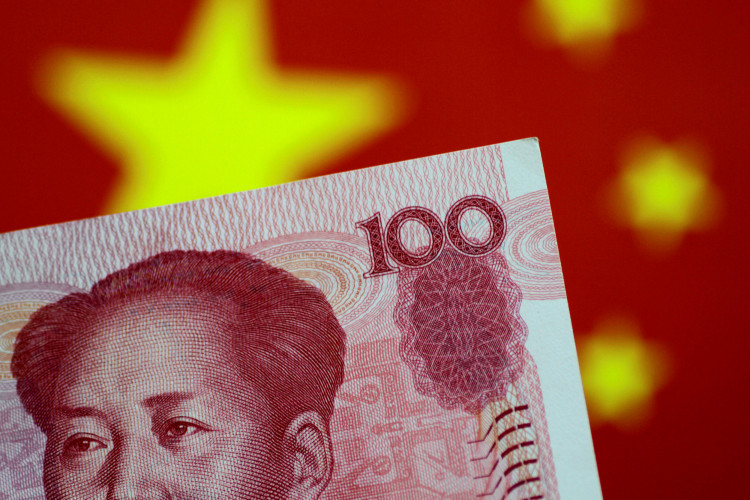As the trade war between China and the United States rages on a rather surprising factor was recently seen by many analysts as the former's secret weapon. It is China's official currency and how its current value will play a crucial role in winning the trade war.
China's currency is called the renminbi, and it is no longer a secret that the country's official currency has been losing value since April. On Tuesday, the renminbi has reached its weakest point in a decade. Some market analysts have noted that should this trend continue, the currency might reach the level of 7 renminbi to the dollar. The last time the renminbi reached this level was in May 2008, while the whole world was experiencing a financial crisis.
While some analysts say that the devaluation of the renminbi bodes ill for China, some analysts actually believe that it is this very factor that will save China from the negative effects of the trade war against the United States. If China's current reached the 7 renminbi value, Chinese factory owners a significant advantage when they try to sell their products in the United States. This possibility could also undermine all the tariffs imposed by the United States against $250 billion worth of Chinese goods.
China's weakening currency can also help Chinese exporters beat the tariffs imposed by the United States. As if this writing, the U.S. sets tariffs on Chinese goods at about 10 percent. Should the renminbi fall 10 percent, these tariffs were essentially worthless and completely reversed.
Unlike the United States, China's financial sector is firmly controlled by the government. These allow the country to control the value of its official currency.
Some governments, especially the United States, have accused China of artificially manipulating its currency. However, based on market data, it would appear that the forces that affect the value of the renminbi are well beyond the immediate control of the Chinese government.
What China does is set a daily benchmark rate for the renminbi and let the market play with it by allowing only a fraction of its worth to rise or drop. By adopting this strategy, the Chinese government says that each day's trading activity will essentially determine the value of the renminbi the next day.
Based on recent market data, traders agree that China's renminbi should be worth less than the dollar. It is also important to note that China has not raised interest rates, unlike the United States Federal Reserve. This makes the renminbi attractive to many investors.





